ZAMBOANGA DEL NORTE—The Special Area for Agricultural Development (SAAD) Program of the Department of Agriculture (DA) conducted its 2nd Quarterly Assessment (2QA) hosted by Regional Field Office (RFO) IX in Piñan, Zamboanga del Norte on 6-10 August 2018.
SAAD in DA-RFO IX assists the poorest farmers in all 27 municipalities of Zamboanga del Norte (or ZaNorte for short). During the 2QA, the host region organized a site visit to two (2) associations in the municipalities of Mutia and La Libertad, respectively.
About 30 minutes southwest (14.6 kilometers) from Piñan, Program implementers from the National Program Management Office (NPMO), Regional and Provincial Program Management Support Office (RPMSO, PPMSO) reached the municipality of Mutia to meet with one of the beneficiary associations in its production area.
New Siquijor Women’s Association received their ‘egg machines’ on June 5, 2018. Under SAAD’s Layer Chicken Egg Production Project, the women were able to receive trays that usually accommodated thirty (30) eggs, 2-months’ worth of feeds, and 384 ready-to-lay pullets which produced medium- to large-sized eggs priced at Php 150 for medium, and Php 165 for large ones.
Headed by the Association President, Helen Tumombang, the group conducts a once a month meeting which falls on every first Friday of the month. Members consist of a representative from each family in the village. As of current listing, New Siquijor Women’s Association has 48 members.
The members take turn in the rotation duty of looking out for and maintaining the chicken house. This includes stocking the chicken manure in order to use some of it as their backyard vegetables’ fertilizer as well as fetching water to hydrate the chickens. The women farmers learned the basics having attended trainings on Layer Chicken Production, Financial Management, and Production Recording as part of SAAD’s support. No wonder the chicken house is clean and is well-maintained.
In terms of sales, even the members have agreed that they won’t be having a discount in patronizing their own product. They currently supply the next adjacent barangay, that according to them are requesting for additional supply. Having properly recorded their egg count, the women declare having no less than 747 eggs (or 25 trays) to sell per day.
SAAD Program Director, Bernadette San Juan, is pleased with the Women’s Association by saying, “Marunong kayong mag-alaga. Dapat kayong tulungan. (You know how to take care [of the animals]. You deserve the help.)”
The egg machine earnings (at least Php 26,000 in June), have not yet been divided among the members and at this point will more likely be deposited in a bank. Further, in view of the project’s expansion, SAAD team in DA-RFO IX aims to link the women farmers to a supplier that can provide new chickens once their current ones age.
Next off, and about an hour from Mutia is La Libertad, where the visitors were welcomed by the Association members and their implementation partners by serving them with various Filipino delicacies, including sweet braised corn which are actually the product of the Laproda Farmers’ Association under the Sweet Corn and Goat Production Project of the SAAD Program.
Part of the package they received are 40 kilograms of sweet corn that they grow in a pH (scale) 5 type of soil. The group also plans to plant on a weekly basis to ensure corn availability.
The association is able to sell the sweet corn within La Libertad at Php 30.00 per kilo. They plan to expand their market in Dipolog as well.
Reporting the status of their operations, the members have admittedly met many problems with irrigation, which they are only able to counter by relying on rain. The livestock droppings are also used by the group to help nourish the land condition where they plant the corn. While waiting for additional materials such as power sprayers, corn stands, and a vermicast bin, the members busy themselves by contributing to goat feeding or management of their net income every year.
Director San Juan also suggested to modify the goat house by increasing the height of its stilts for better ventilation, as well as allowing a bigger floor spacing for the droppings to easily pass through to the soil.
The members are also seeking for a hand tractor with trailer that they can use for hauling purposes once they expand. They are able to do a workaround by using habal-habal (motorcycles) at present. They could also make use of a bioreactor to easily decompose the corn stalks.
ZaNorte is among the top ten (10) provinces covered by the Program on its first year of implementation in 2017. This is due to its high percentage of poverty incidence among families, from the Philippine Statistics Authority database in 2012, and continues to be part of the Program until 2022 since it is still among the poorest provinces of the country based on PSA’s 2015 poverty data. ###
Writer: Ela Arciaga, SAAD NPMO PR & Communications Officer

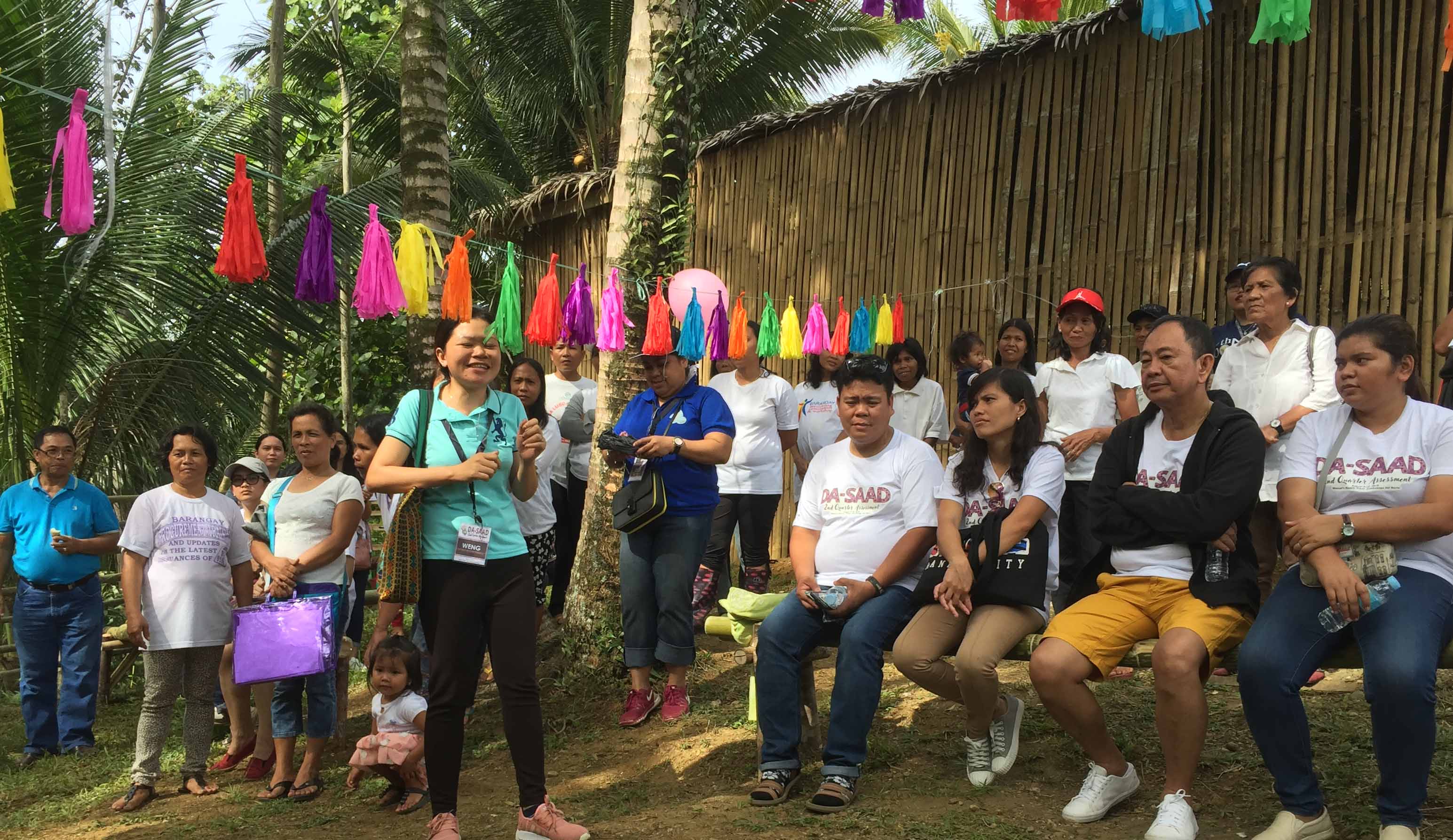
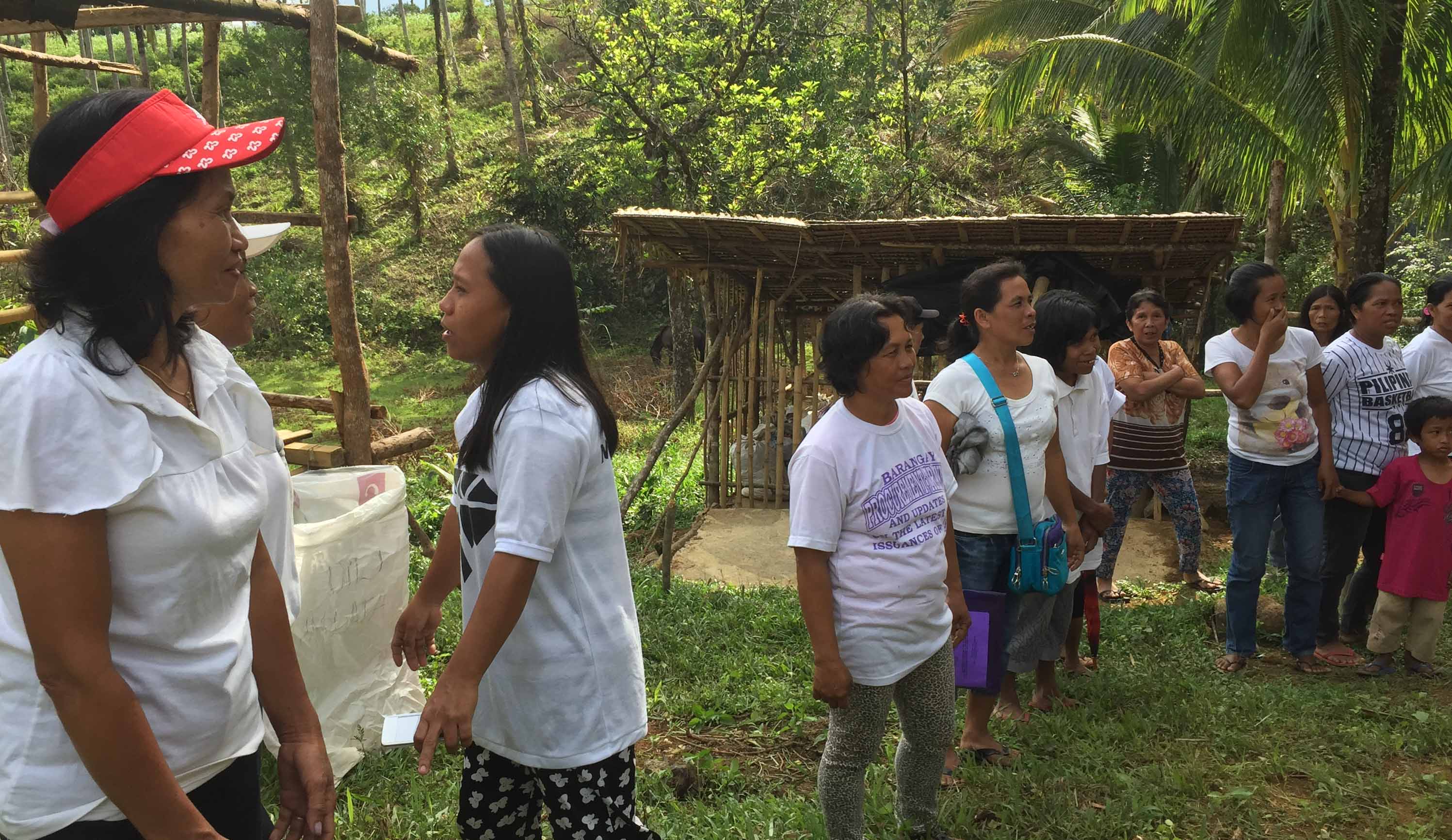
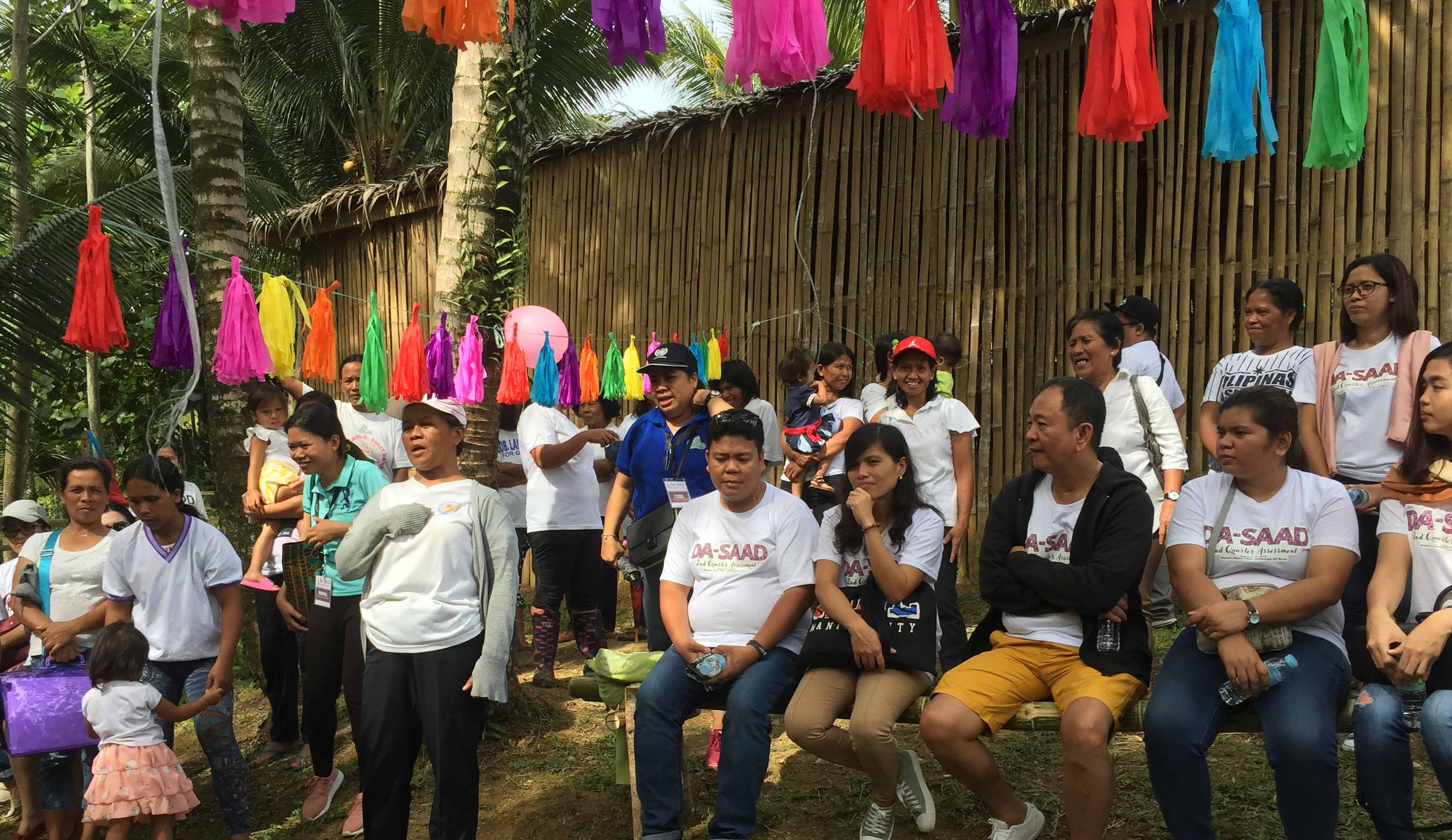
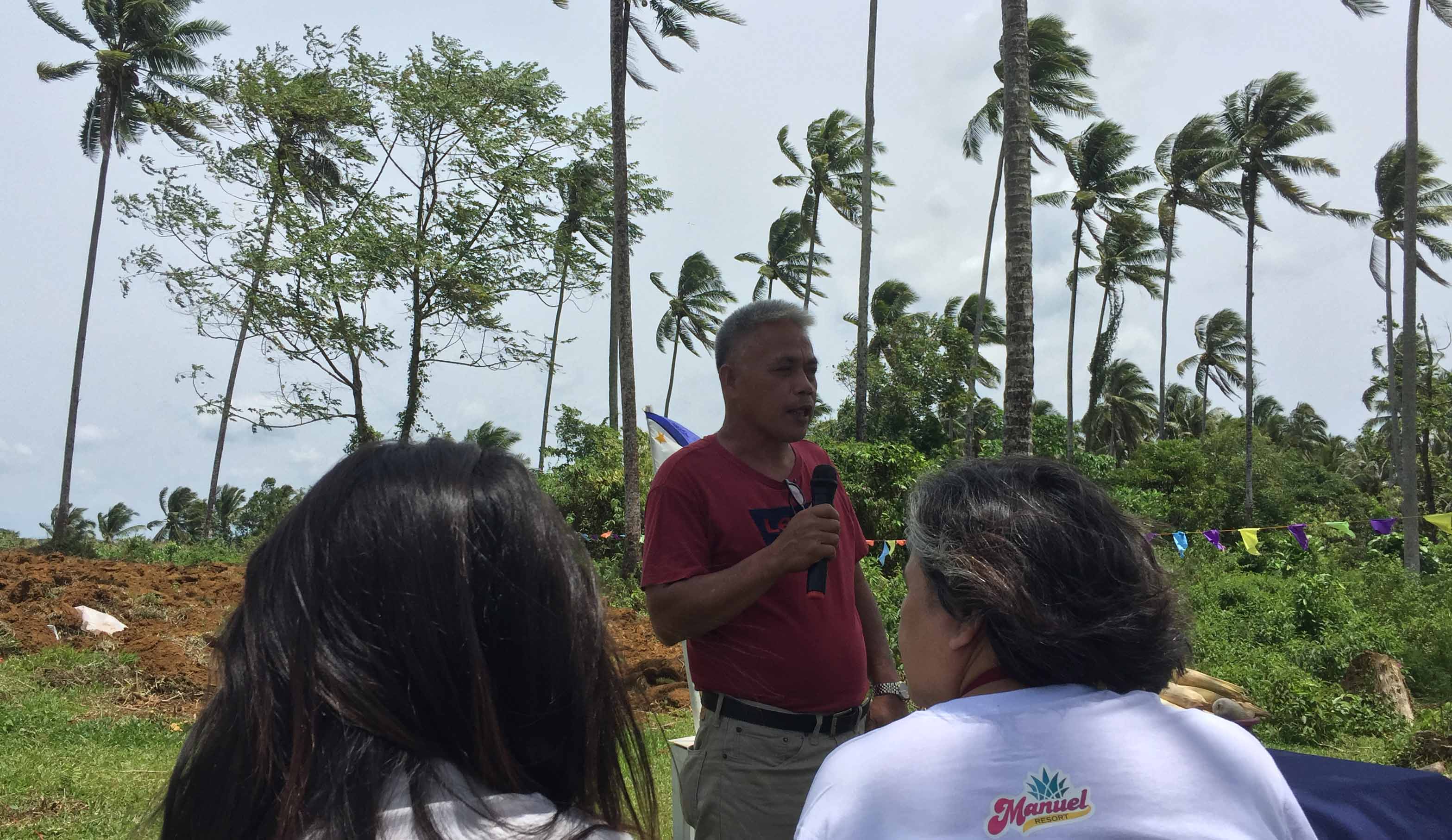
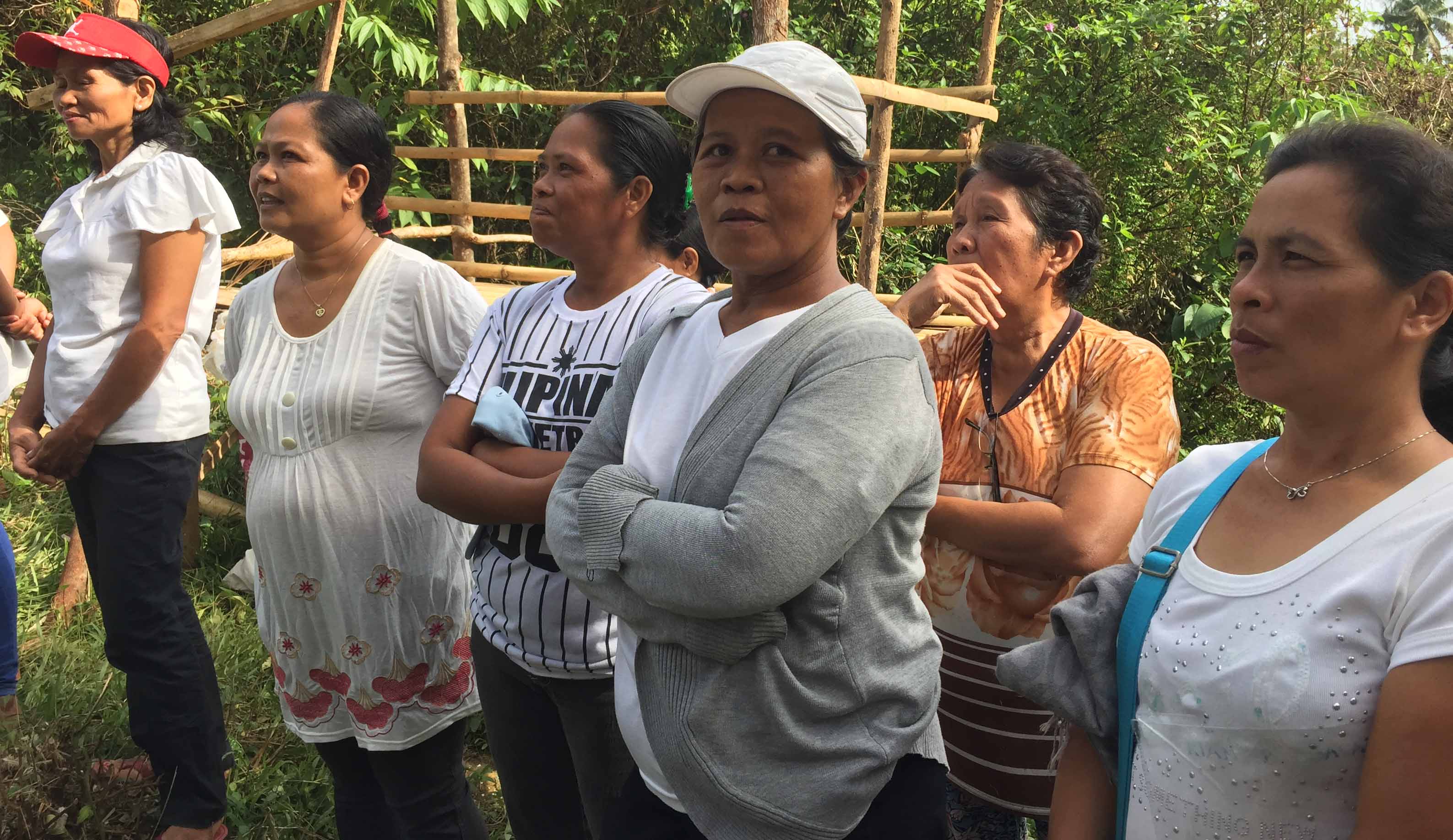
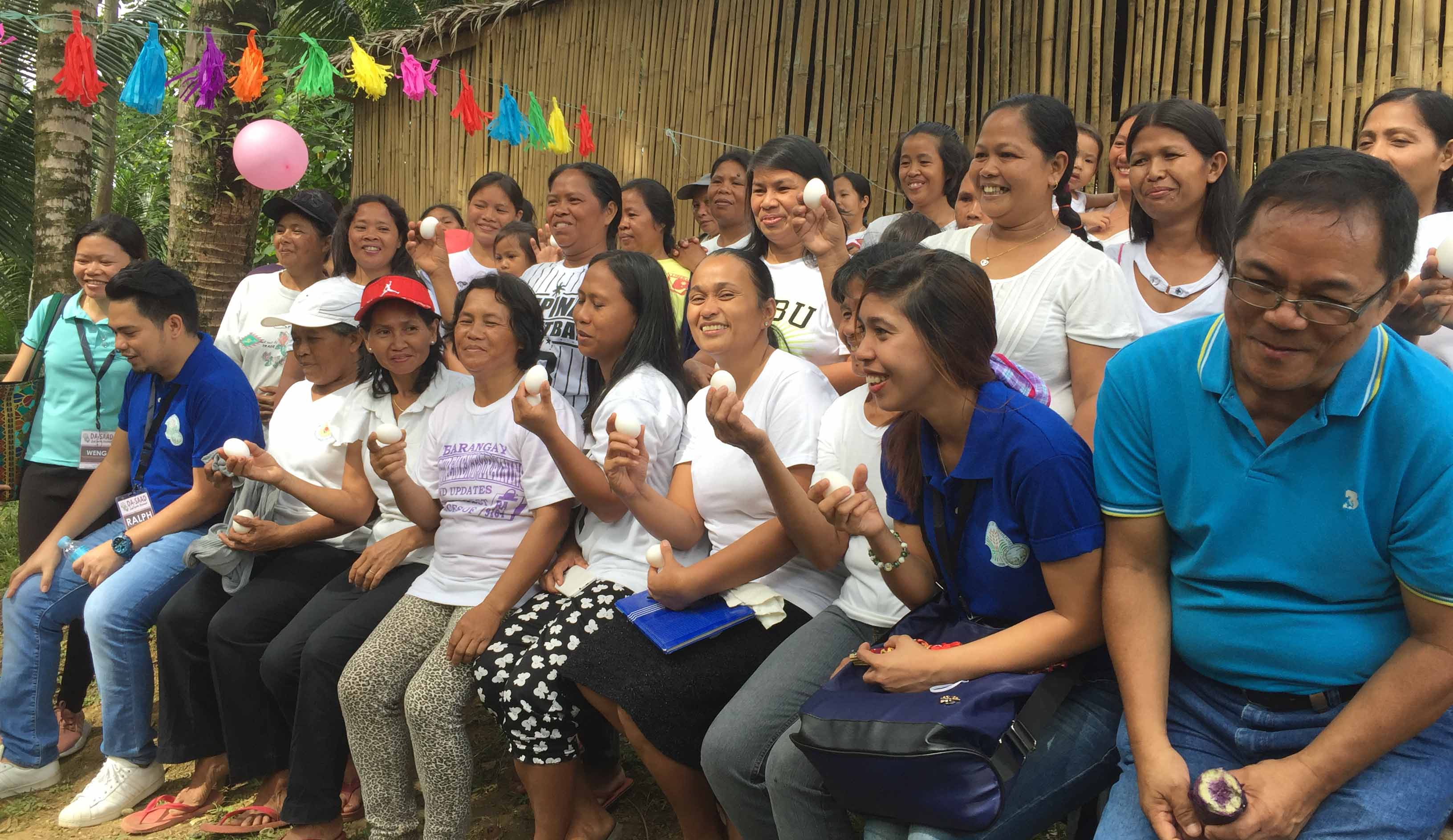
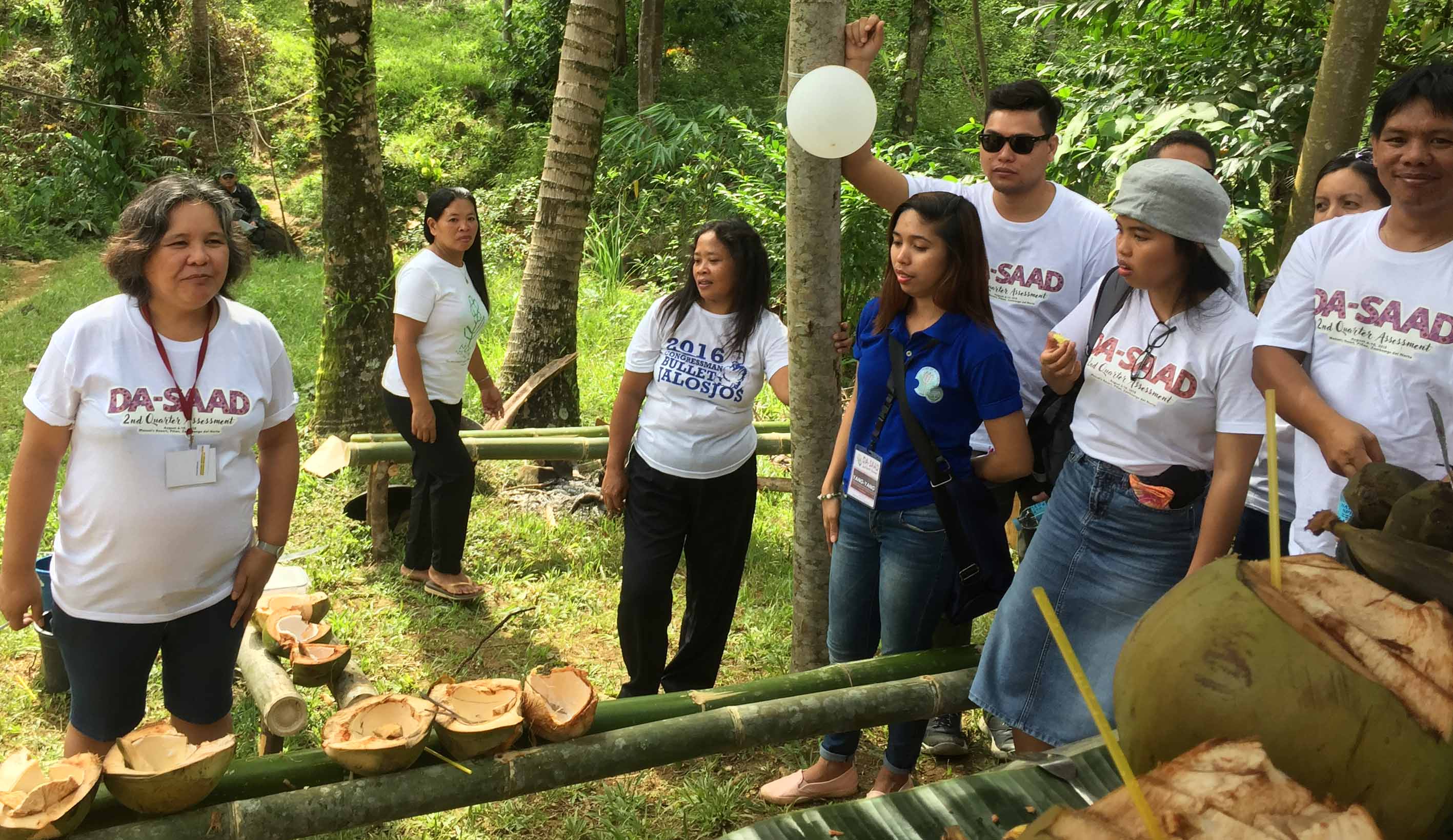
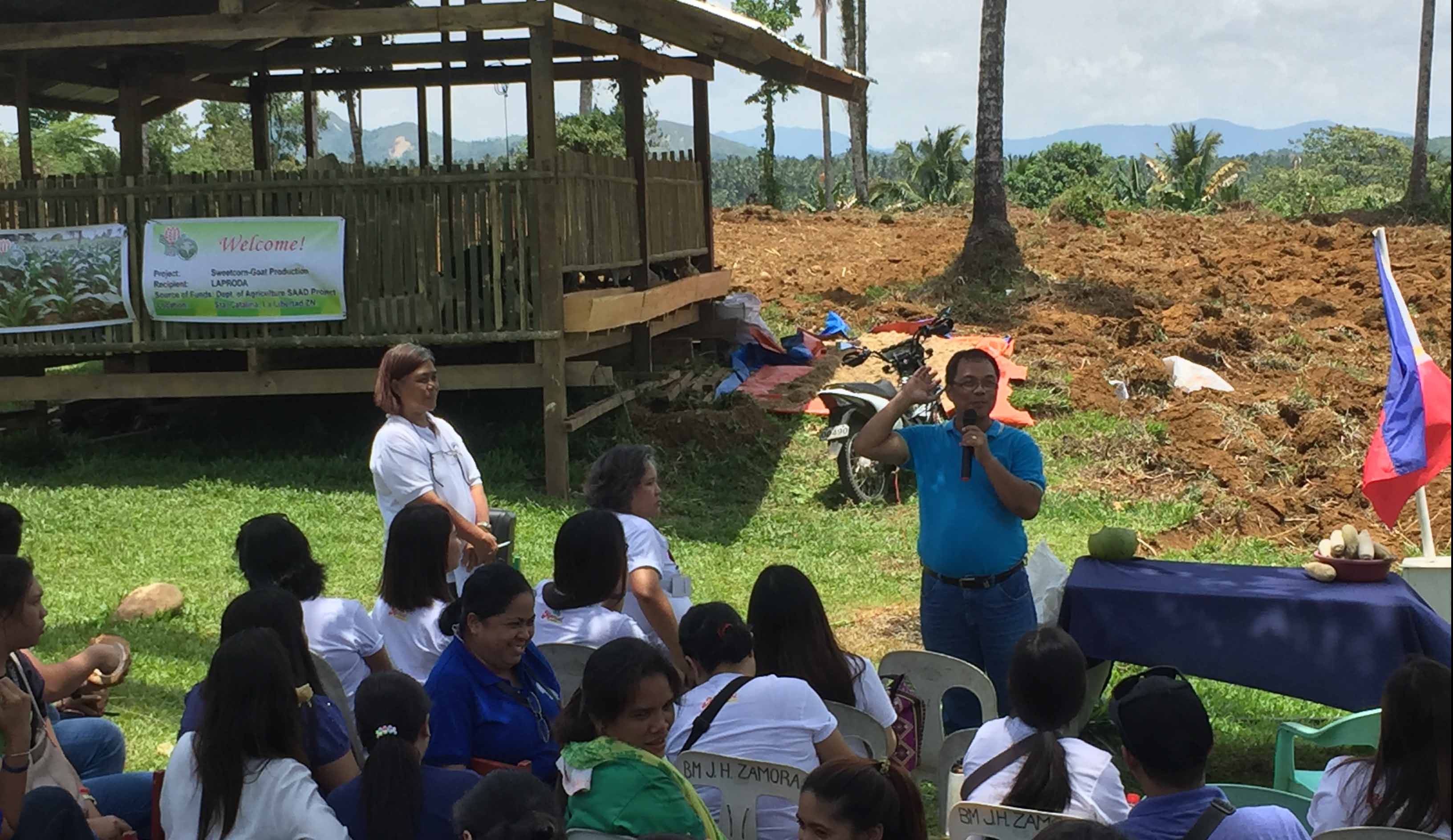
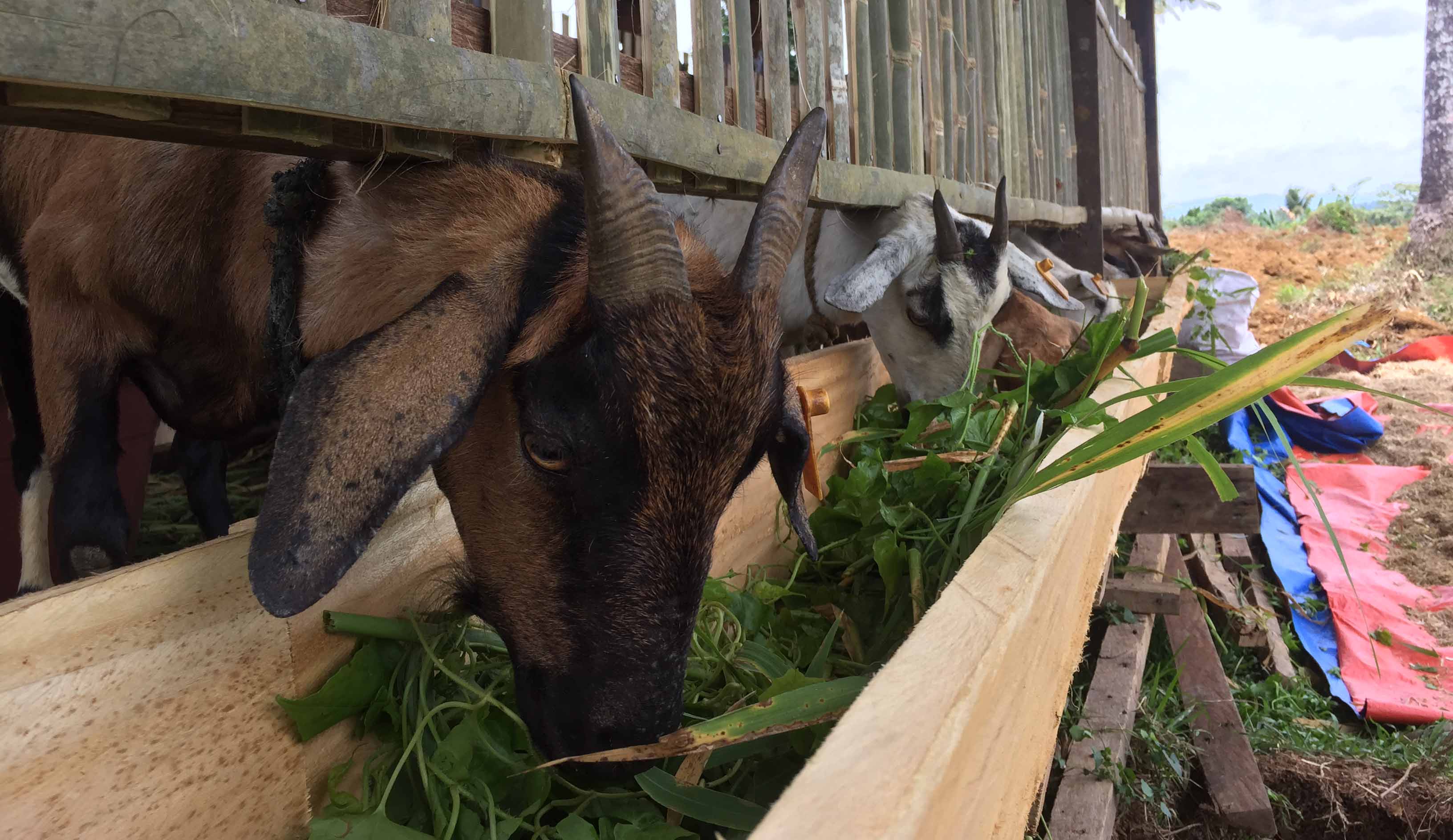
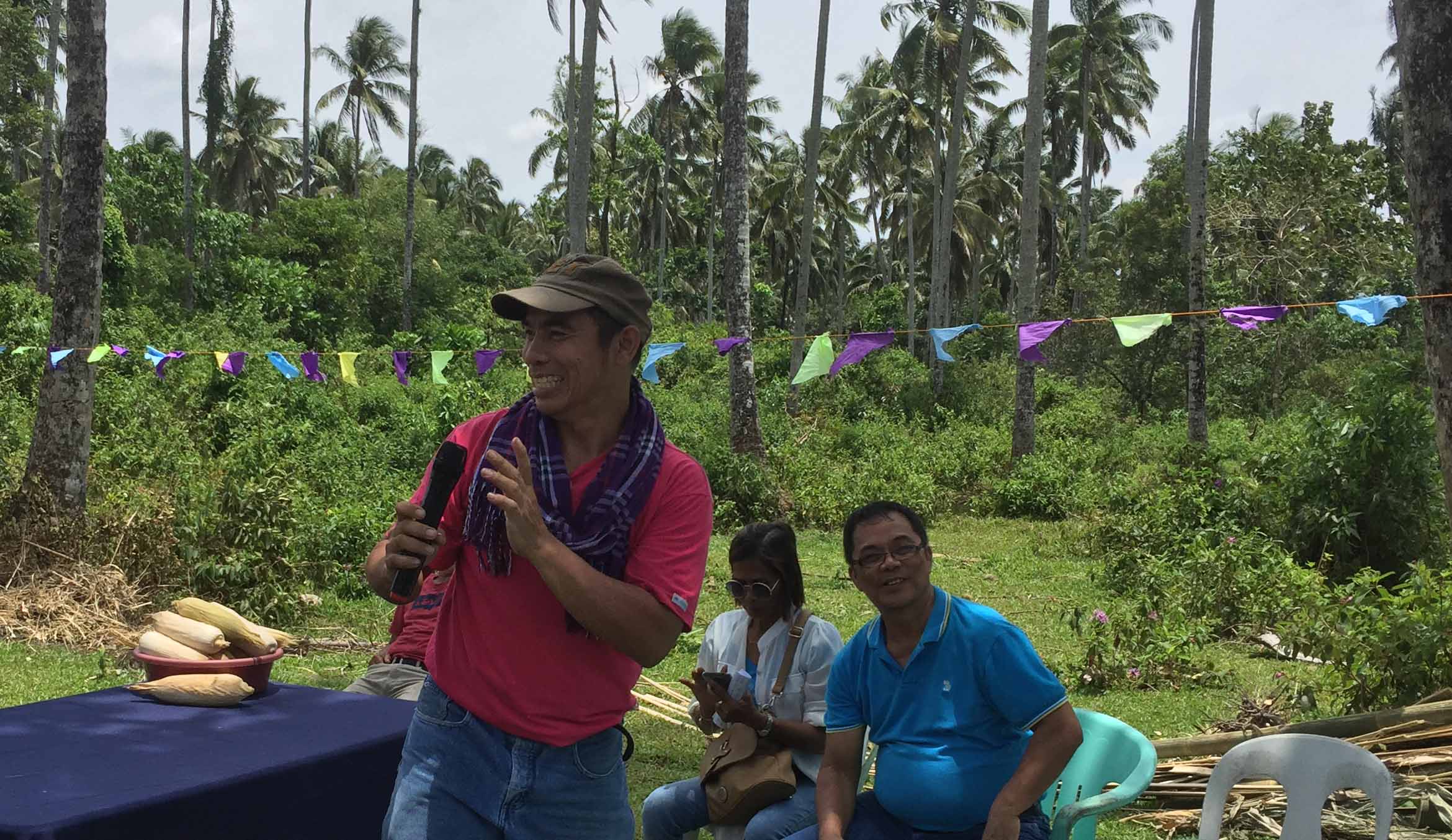
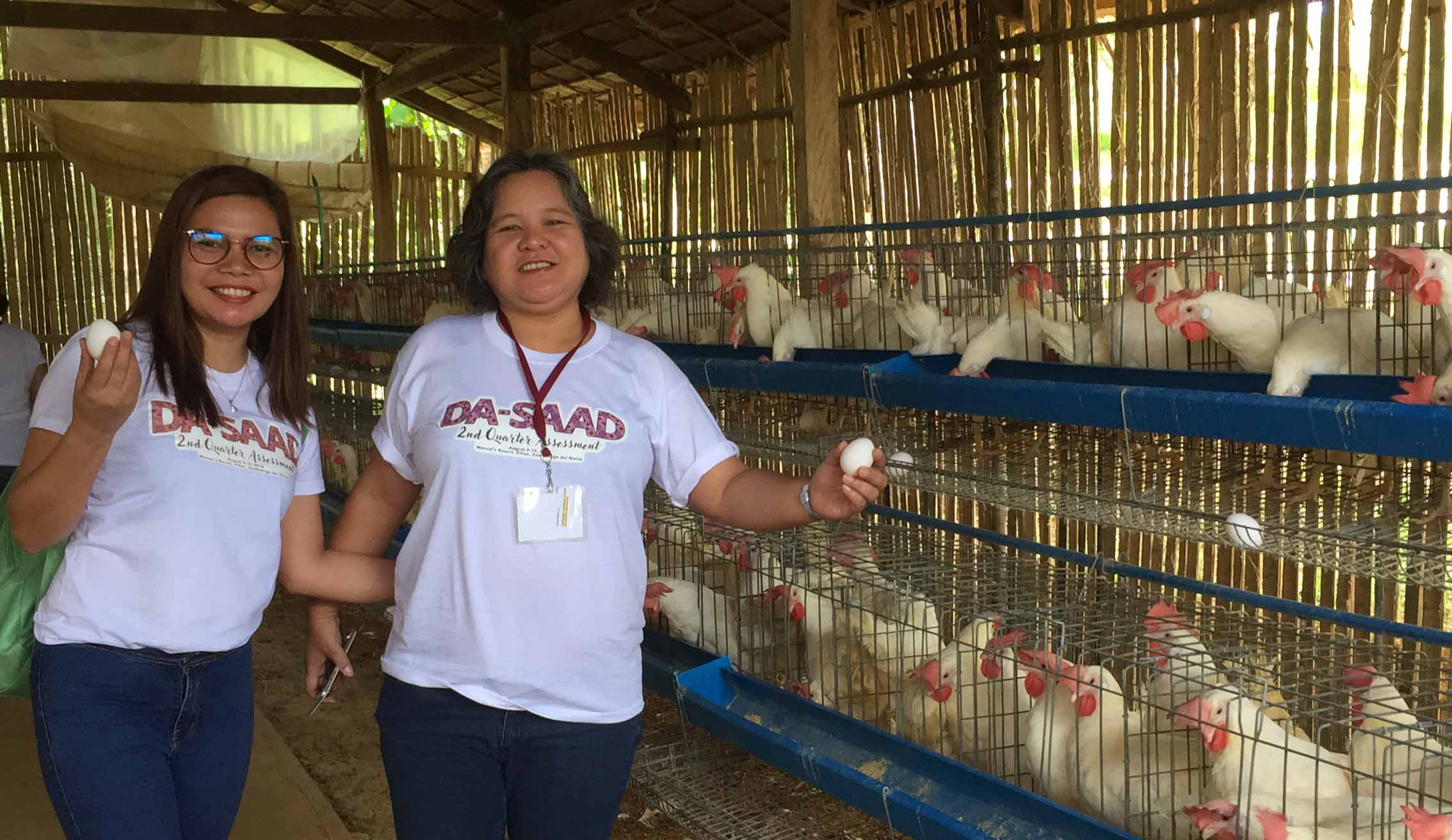
Comments (0)